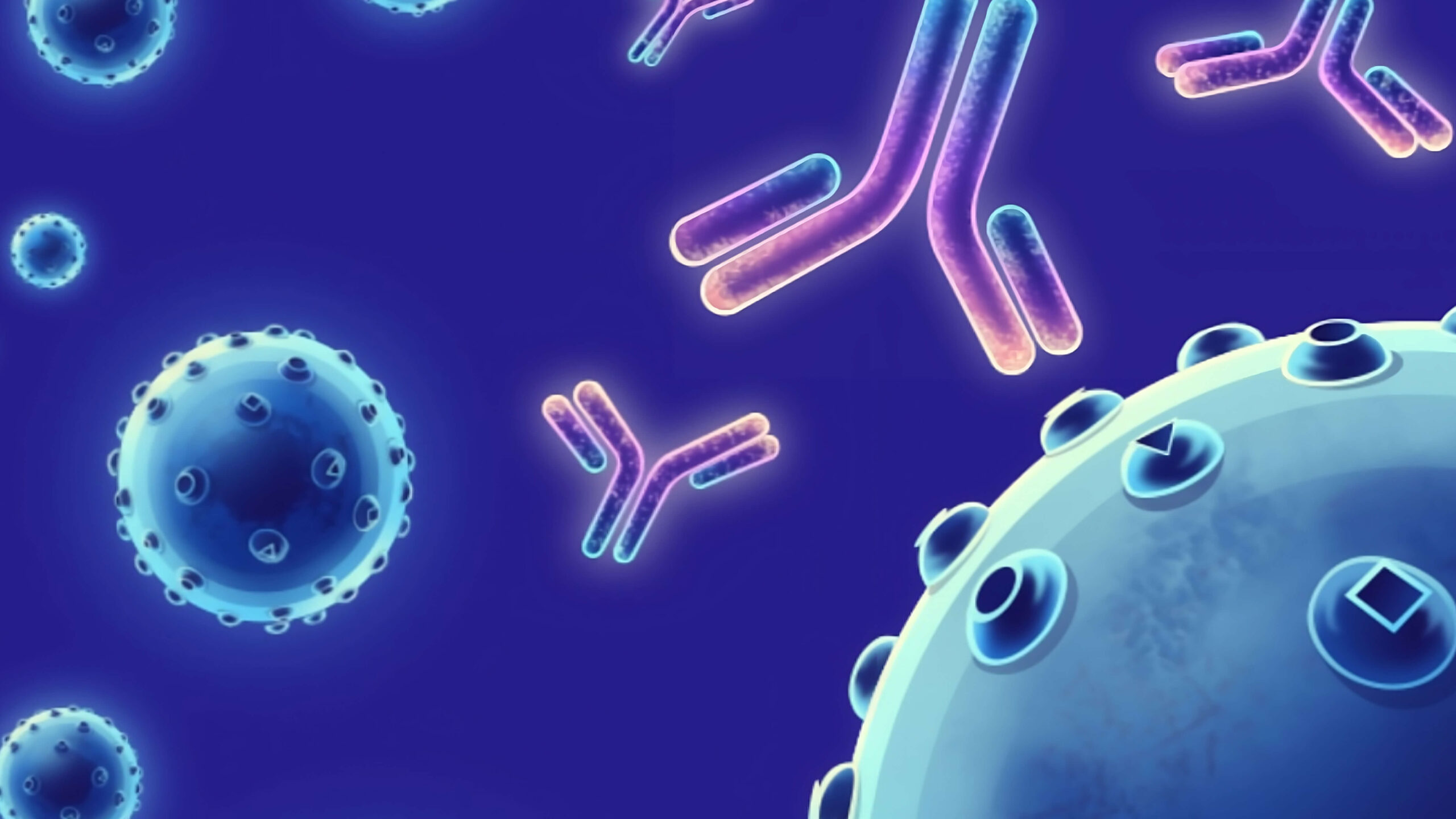Description
MEK1, also known as MAP2K1 and MKK1, is a member of the dual-specificity protein kinase family, which acts as a mitogen-activated protein (MAP) kinase kinase. MAP kinases, also known as extracellular signal-regulated kinases (ERKs), act as an integration point for multiple biochemical signals. MEK1 is widely expressed, with extremely low levels in the brain. It lies upstream of MAP kinases and stimulates the enzymatic activity of MAP kinases upon a wide variety of extra- and intracellular signals. As an essential component of the MAP kinase signal transduction pathway, MEK1 is involved in many cellular processes such as proliferation, differentiation, transcription regulation, and development. Binding extracellular ligands such as growth factors, cytokines, and hormones to their cell-surface receptors activates RAS and this initiates RAF1 activation. RAF1 then further activates the dual-specificity protein kinases MAP2K1 and MEK2. MEK1 has been shown to export PPARG from the nucleus. The MAPK cascade is also involved in the regulation of endosomal dynamics, including lysosome processing and endosome cycling through the perinuclear recycling compartment (PNRC), as well as in the fragmentation of the Golgi apparatus during mitosis. MKK1 catalyzes the concomitant phosphorylation of a threonine and a tyrosine residue in a Thr-Glu-Tyr sequence located in MAP kinases. Defects in MEK1 can cause Cardiofaciocutaneous Syndrome.
Target
MAP2K1
Target Alias Names
MAPKK1, Mek1, MEKK1, Prkmk1
Isotype/Mimetic
Rabbit IgG
Animal-Derived Biomaterials Used
No
Sequence Available
No
Original Discovery Method
Phage display technology
Antibody/Binder Origins
Animal-dependent discovery (in vitro display, OR immunisation pre-2020), In vitro recombinant expression

